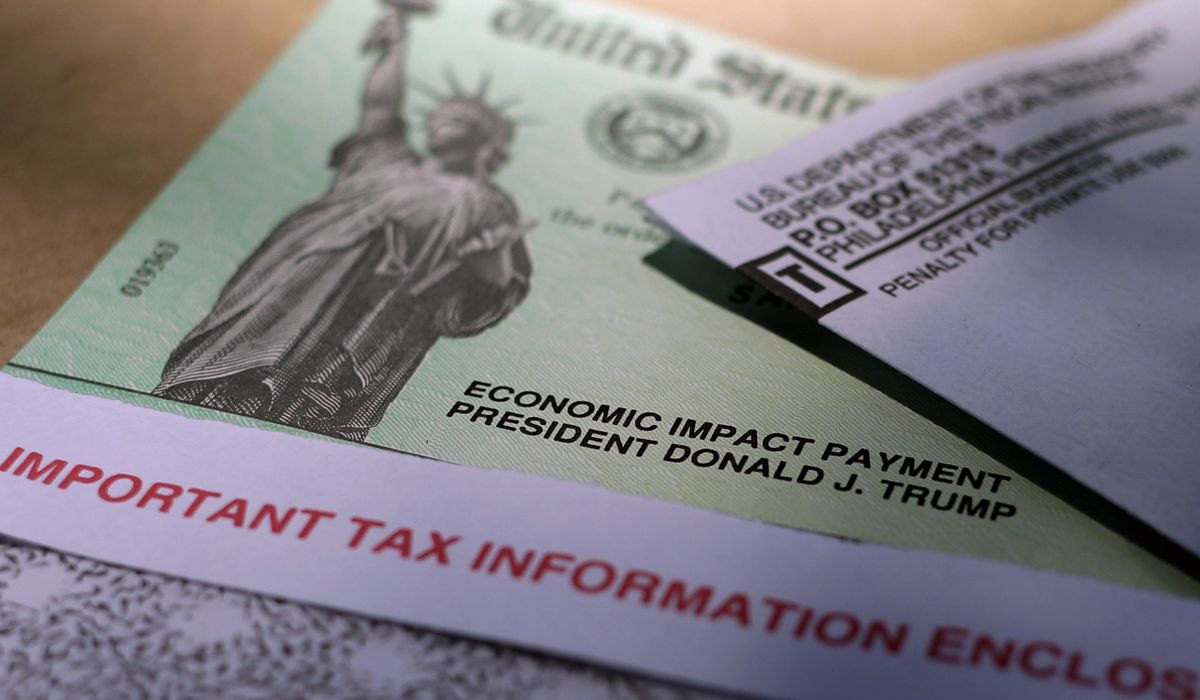Pandemic Leads to Up to $135 Billion in Unemployment Benefits Being Stolen by Fraudsters
September 13, 2023 | by Kaju

Fraudsters stole up to $135 billion in unemployment benefits during the coronavirus pandemic, according to a report from the Government Accountability Office (GAO). This report is the most comprehensive examination of the problem so far.
Only $7 billion of the stolen amount has been recovered, the GAO reported.
In addition to fraud, states have identified $50.5 billion in overpayments in the Unemployment Insurance program (UI) due to other errors unrelated to fraud during the pandemic.
Only $5.6 billion of that has been recovered, the GAO said.
While it has been known that pandemic programs were targeted by fraud, the total amount has been a subject of debate among government agencies. The GAO’s estimate is likely to become the standard, although investigators acknowledged that the full extent of unemployment insurance fraud during the pandemic may never be known with certainty.
The GAO examined the period from March 2020 to May 2023, identifying payments where the recipient was listed as deceased or where multiple “fraud indications” were present.
Investigators estimate that fraud ranged from a minimum of $100 billion to $135 billion, representing between 11% and 15% of total unemployment benefits paid out.
This figure is lower than some private sector estimates, which placed fraud at nearly half of the roughly $900 billion spent on unemployment benefits during the pandemic.
Nevertheless, the amount stolen represents an unprecedented waste of government funds, equivalent to the entire yearly gross domestic product of more than half of the countries worldwide.
“The fraud detailed in this report represents the greatest theft of taxpayer dollars in American history,” said House Ways and Means Committee Chairman Jason Smith, a Republican from Missouri.
Smith highlighted a bill that passed in the House of Representatives, which would give investigators more time and tools to bring fraud cases and recover stolen money. He called on the Democratic-controlled Senate to pass the legislation and deliver it to President Biden.
He warned that the longer President Biden ignores the problem, the more difficult it will be to recover the stolen funds.
The unemployment program is a collaboration between the federal government and states. When Congress created enhanced benefits for the pandemic, they ordered states to expedite the process by skipping some of the usual verification procedures and allowing people to self-certify that they were unemployed due to the crisis.
As a result, millions of fraudulent applications were submitted.
The Department of Labor, which oversees the federal side of the program, acknowledged major shortcomings in the system. They highlighted the long-term neglect of adequate funding for the unemployment insurance system and the absence of dedicated funding for maintaining and enhancing the information technology systems that support state unemployment programs.
Despite these challenges, the Department of Labor said the program provided critical relief to millions of Americans during the pandemic.
GAO’s estimate of fraud was challenged by the Labor Department, which argued that the report relied heavily on a small sample of cases and should be considered an estimate of “fraud risk” rather than actual fraud.
GAO, however, stated that they took precautions not to misidentify fraud and even erred on the side of caution, potentially overlooking some actual cases of fraud. They subjected sampled payments to multiple levels of manual review.
Recovering fraudulent payments from the pandemic has proven more challenging than recovering regular unemployment benefit overpayments, primarily due to the different types of fraud that took place.
Regular unemployment fraud typically involves individuals falsifying information to claim benefits they didn’t earn. However, during the pandemic, identity fraud became prevalent, with criminal syndicates filing numerous applications using stolen identities and redirecting payments to their own accounts.
This made unemployment fraud a significant source of income for international fraudsters, including groups linked to adversarial governments in Russia and China.
For more information, visit The Washington Times COVID-19 resource page.
RELATED POSTS
View all


